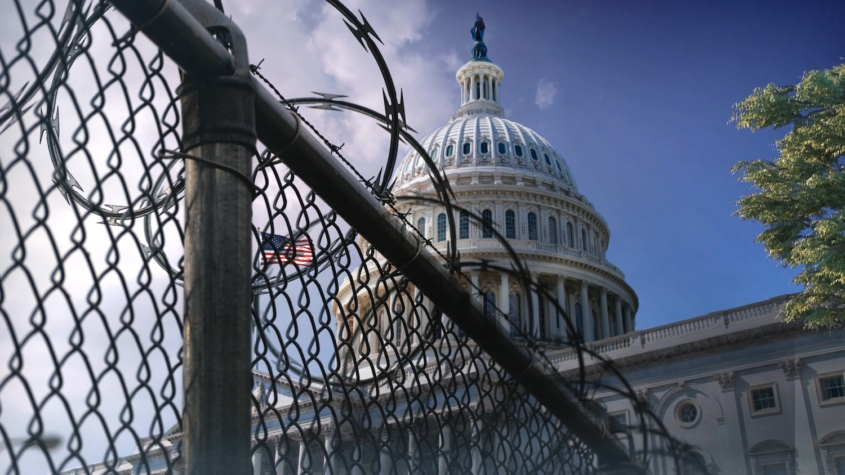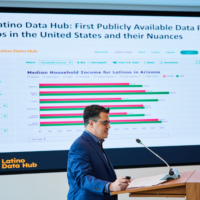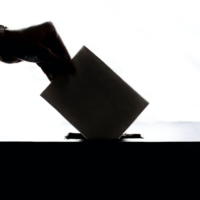Racial Antipathy, Not Just Partisanship, Drives Belief in Voter Fraud, UCLA Study Finds
A new article in the Journal of Race, Ethnicity and Politics, authored by a team of scholars from the UCLA Voting Rights Project, is the first published study to document with statistical analysis that many white Americans’ belief in voter fraud was not based on actual election fears but rather was driven by negative views toward minorities.
Specifically, data from three surveys of more than 8,000 white respondents reveal that racial antipathy — particularly a negative view of Blacks, Latinos and Asians — played a pivotal role in shaping beliefs about voter fraud as well as belief that the insurrection at the U.S. Capitol on Jan. 6, 2021, was justified.
Authored by UCLA Voting Rights Project scholars Tye Rush, Chelsea Jones, Michael Herndon and Matt Barreto, the study draws on data from the 2020 American National Election Study pre- and post-election surveys and the 2020 Collaborative Multiracial Post-Election Survey implemented after the insurrection.
While partisan loyalty and allegiance to Donald Trump did play a role, the study suggests that perceptions of voter fraud were inextricably linked to anxieties about the changing demographic landscape of the United States. The widespread adoption of white replacement theory — the idea that racial minorities are “replacing” white Americans in political and social power — was a significant motivator for both supporting the insurrection and ongoing political polarization, the study found.
“Our study highlights an urgent issue in contemporary American politics,” said Rush, lead author of the article, who earned his PhD in political science from UCLA in 2023. “If we do not address the racialized perceptions that underlie many of these political behaviors, we risk undermining trust in democratic institutions and perpetuating political violence.”










Leave a Reply
Want to join the discussion?Feel free to contribute!